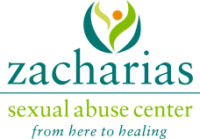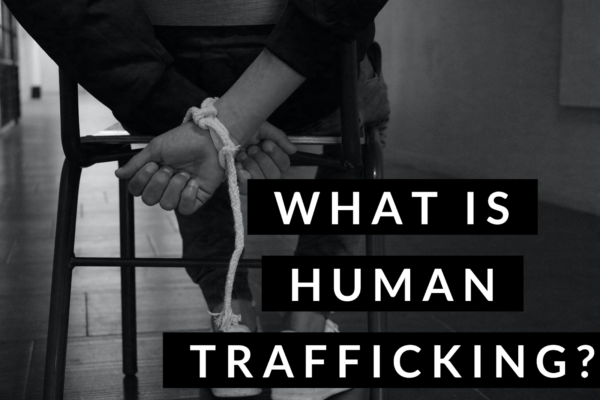January is National Slavery and Human Trafficking Prevention Month. These societal issues go back further than most of us can even remember and are still an issue going on in the world today, unfortunately even in our backyards. We are continuing to fight our grandparents’ battles, and we will not stop until we end sexual violence.
To start the month, let’s talk about some definitions, myths, and facts about human trafficking. Human trafficking is defined as the act of recruiting, harboring, moving, or obtaining a person by force, fraud, or coercion, for the purpose of involuntary servitude, debt bondage, or sexual exploitation. Also known as modern slavery, human trafficking is the illegal trade in human beings through recruitment or abduction by means of force, fraud, or coercion for forced labor, debt bondage, or sexual exploitation. This definition is an umbrella term that covers labor trafficking and sex trafficking. Now let’s break those two pieces down. Labor trafficking is the exploitation of a person for labor or services through force, fraud, or coercion. Labor trafficking victims are often forced into domestic servitude, agricultural work, restaurant work, or factory work (illinois.gov). Sex trafficking occurs when a child under 18 is involved in a commercial sex act, including prostitution, sexually explicit performance, or pornography production, in exchange for something of value (illinois.gov). Trafficking can be domestic or international and is different from sex work. The big difference between these two is CONSENT. Sex work can have a range for legal status and participant’s consent, while victims of trafficking do not consent.
Now that we know more about human trafficking let’s look at some statistics surrounding this. Keep in mind these numbers are just what has been reported; sexual violence is highly under-reported. In 2019, Mexico, the United States, and the Philippines were the top three global countries with the most reported human trafficking cases. California consistently has the highest human trafficking rates in the United States, with 1,507 cases reported in 2019. 1,118 of these cases were sex trafficking cases, 158 were labor trafficking, and 69 were both sex and labor. Illinois is ranked as the 11th highest state for human trafficking to occur; this is in our state and our own home towns. In 2020, Illinois had 267 human trafficking cases reported. These numbers are simply way too high. These statistics highlight the importance of this topic and why we aim to raise awareness.
Many myths are surrounding human trafficking, including:
-
Buyers are older, disheveled, unkempt men.
-
Traffickers are always male strangers.
-
Teens CHOOSE this lifestyle.
-
Adults cannot be victims.
-
If someone is being trafficked, they would not be at school or work.
Facts about Human Trafficking:
-
Buyers can be anyone. They may generally be male and older, but that does not mean they all are. They can be businessmen, parents, religious leaders, teachers, and highly viewed people in the community.
-
Victims are generally trafficked by someone they know, such as a family member.
-
Being sex trafficked is not consensual, and no one chooses to be trafficked.
-
Studies show that the average age of a person who is trafficked is between 12-16, but victims of any age are trafficked.
-
A victim of human trafficking can be out in public and is not always physically restrained to one spot.
As we can tell, there is still a lot of information that needs to be discussed around this ongoing issue and more things that can be done to prevent it from continuing. Check back in next week, when we will address risk factors and the grooming/recruitment process.
Further information, resources, and hotlines:
Written by Dana Drozek, Education and Outreach Specialist
All ZCenter blog posts are written by state certified staff, interns, and volunteers. For questions on authorship or content, please email kjones@zcenter.org.

